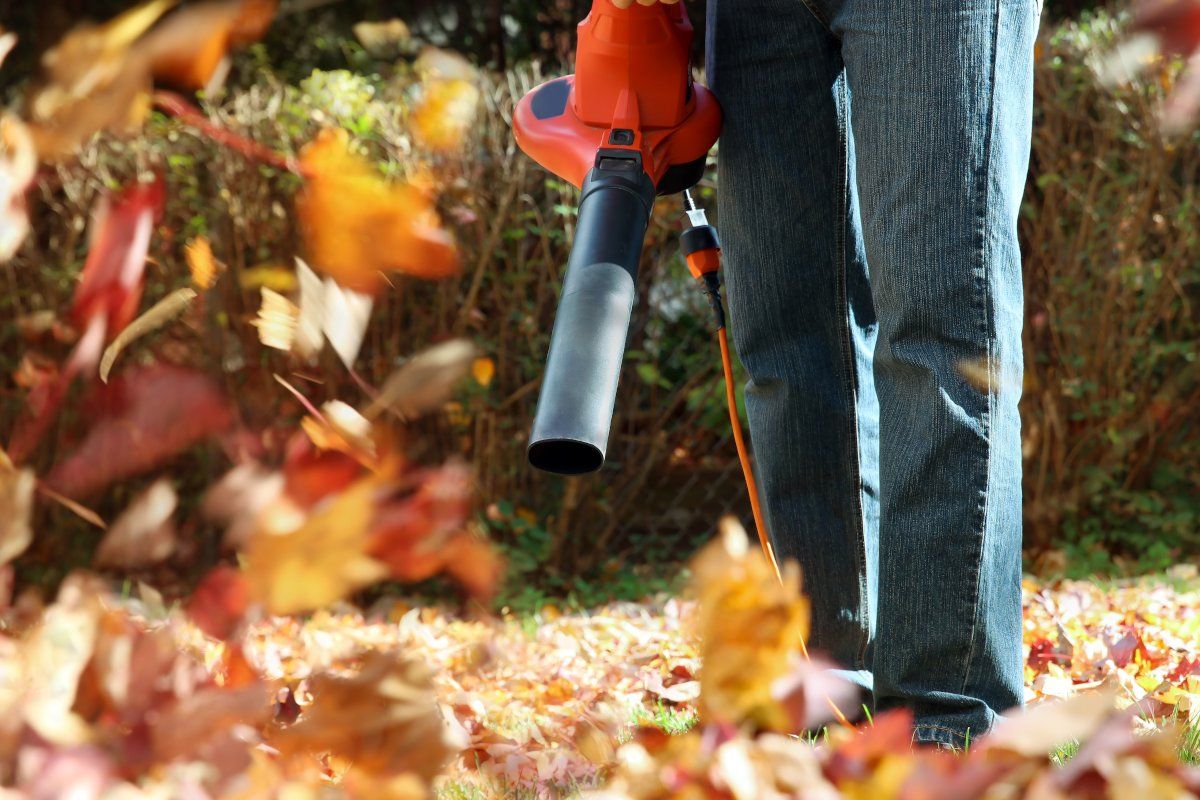California Outlawing Gas-Powered Leaf Blowers, Lawn Mowers

A few years ago, the rather chic little city of Palm Springs, California, banned gas-powered leaf blowers, bringing relief to residents tired of the ear-splitting din and noxious fumes emitted by the infernal gadgets.
The move was seen as the sort of thing that only a wealthy little resort town would bother with. But now the entire state of California is moving to ban not only gas-powered leaf blowers but also lawn mowers, trimmers and other small gas-powered devices.
Gov. Gavin Newsom last week signed a measure that empowers the California Air Resources Board, affectionately known as CARB, to regulate the devices and eliminate them as soon as 2024.
Landscapers, tree trimmers and homeowners will have to switch to electrically powered devices. Unless they have very long extension cords, this means switching to battery power.
Landscapers objected to leaf blower ban
When Palm Springs adopted its ordinance, there were predictions of economic and ecological disaster – bankrupt landscapers, overgrown golf courses and lawns. But the change was implemented more or less smoothly, thanks in part to a “sustainability scholarship program” that provides training in both English and Spanish, as well as a onetime grant of $750 per business to help cover the cost of new equipment.
Also, to note the obvious, Palm Springs is in the desert and a lot of what passes for landscaping there is sand and rocks. It does have a lot of golf courses, though, which take a lot of trimming. We should perhaps mention here that the state measure will also ban gas-powered golf carts, which may raise some eyebrows among Palm Springs tourists and retirees.
Lots of noise and pollution
While noise is the most commonly cited complaint about small gas engines, they also are big polluters. Their feisty little engines emit more pollution than most passenger cars, contributing to smog and adverse health and environmental consequences.
Mowing an average lawn with a gas lawn mower is the equivalent of taking a 300-mile car trip, according to one frequently-cited statistic.
The problem in converting to electrical power lies not so much with the devices themselves as with the batteries. As Tesla and cell phone owners know well, batteries often don’t hold a charge as long as expected and have a habit of failing at the worst possible times.
California will be setting aside $30 million to help landscapers and other professionals make the transition but experts say that, just as in Palm Springs, that won’t begin to cover the entire cost.
Andrew Bray, vice president of government relations for the National Association of Landscape Professionals, said the zero-emission commercial-grade equipment landscapers use is prohibitively expensive and less efficient than gas versions, according to a Los Angeles Times report.
Landscapers will have to carry a truckload of batteries around with them, Bray said. On the bright side, electric engines require much less routine maintenance than their gas counterparts.
Cleaner but not always quieter
While the new regulations are aimed primarily at environmental considerations, landscapers warn that consumers shouldn’t expect much in the way of noise reduction.
Although consumer-grade battery-powered lawn equipment is quieter than gas models, professional electrically-powered devices tend to make about the same amount of noise. Consumer models are much quieter.
Many localities regulate the times that gas-powered lawn equipment can be used but few have any enforceable noise regulations.
Consumer Reports recommends using hearing protection whenever operating lawn equipment – and says any bystanders within 50 feet should do the same.
